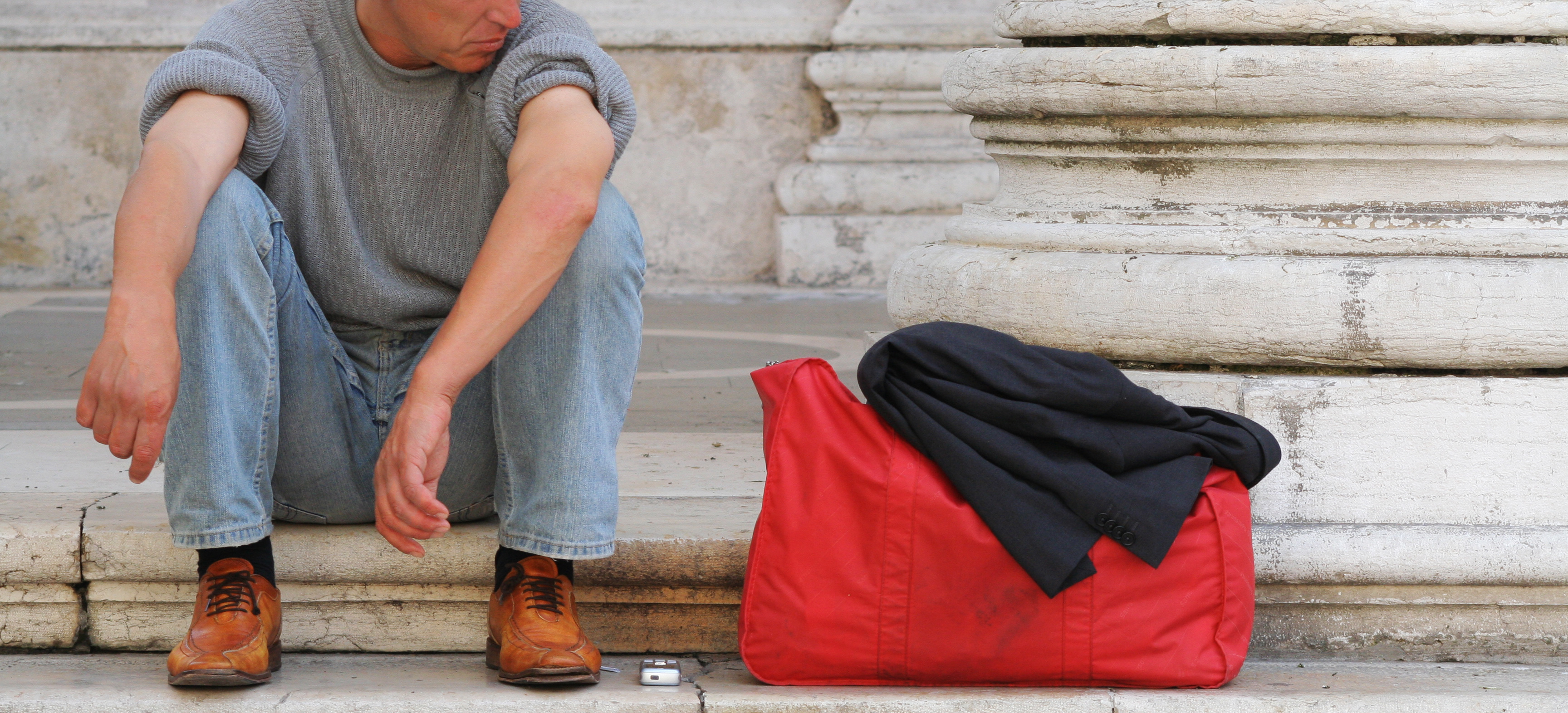
FRIDAY, Feb. 7, 2014 (HealthDay News) — As smartphones have become the must-have technology for millions of Americans, the opportunity to call, text or email is often just an arm’s length away — day or night.
But new research cautions that using smartphones to attend to work after hours can actually disrupt sleep and undermine overall productivity, leaving workers tired and unfocused during the day.
“What we have is a double-whammy effect,” said study co-author Russell Johnson. “On the one hand, when people are using their phones to conduct work late into the night then they’re less able to detach and disassociate from their job, which makes sleeping more difficult and can lead to mental fatigue.
“And at the same time, the kind of blue light given off by these devices seems to interfere with the sleep hormone melatonin. So, there is both a psychological and physiological impact on sleep that can make it more difficult to engage the next day at work,” added Johnson, an assistant professor at Michigan State University’s department of management.
He and his colleagues reported their findings in the journal Organizational Behavior and Human Decision Processes.
The authors noted that the National Sleep Foundation estimates that six in 10 Americans say that most of the time they are not getting sufficient sleep.
To explore how smartphones might compound this problem, the authors conducted two series of surveys.
The first survey tapped into the experiences of 82 mostly male upper-level managers. All were taking weekend classes to earn a Master’s in Business Administration (MBA) degree.
They completed questionnaires at different times of the day over a two-week period, tallying how often smartphones were used to take care of business after 9 p.m. Survey items also addressed sleep quality at night and daytime alertness while at work. Investigators did not collect any information regarding smartphone use at night for strictly social purposes.
The result: Using smartphones for bedside business was associated with sleeping less. And sleeping less was, in turn, associated with energy “depletion” in the morning and feeling less engaged on the job.
Respondents who indicated having a greater degree of control over their job seemed to suffer less smartphone-related energy depletion the following morning, compared to those who felt their job control was generally low.
The second survey focused on 136 employees representing a wide range of fields, including retail, manufacturing, media and the health industry. Their average age was about 31.
More evenly split between men and women (54 percent versus 46 percent), participants responded to similar survey questions while also revealing how much they used other devices at night, including laptops, tablets and TVs.
The results of the second survey confirmed those of the first. An added finding was that work-related smartphone use at night had a notably larger negative impact on sleep and daytime work focus than night-time use of other devices.
“For example, although people would view TV after 9 p.m. for an average of 45 to 50 minutes per night, when we looked at the relationship between TV use and mental fatigue the next morning there really was none,” Johnson said. “And I would guess that was because TV watching was not about work, whereas the smartphone use we looked at was.”
“So we don’t know what the affect of chatting in bed with friends for non-work social purposes might be,” he acknowledged. “It could even be good, helping people detach before sleep and even perhaps counterbalancing the problematic physiological impact of phone light.”
“But regardless, my recommendation is to not take the smartphone to bed,” Johnson said. “It’s an individual choice, and I know some days that can be hard. But this study highlights that at least with respect to work use there are consequences for the next day to having that phone on at night.”
Jeffrey Hall, an associate professor in the department of communication studies at the University of Kansas, contends that concern about smartphones is just the latest version of the so-called “CrackBerry” phenomenon, a hot topic only a few years back.
“The idea then was that workers were almost addicted to their BlackBerrys. And now the widespread adoption of smartphones is exacerbating that trend,” Hall said. “The problem is that the benefit of always being available also comes with expectations. We feel obligated to always be reachable, to respond immediately and to get fast replies. It’s a new and transformative cultural norm, which we’re navigating without clearly defined boundaries.”
So how can workers adapt to this new reality?
“Unplugging at night is not a bad idea,” Hall said. “But if employers don’t make clear they’re on board, it’s going to be difficult.”
More information
Visit the U.S. National Institute of Neurological Disorders and Stroke to learn more about sleep and the brain.
Copyright © 2024 HealthDay. All rights reserved.

